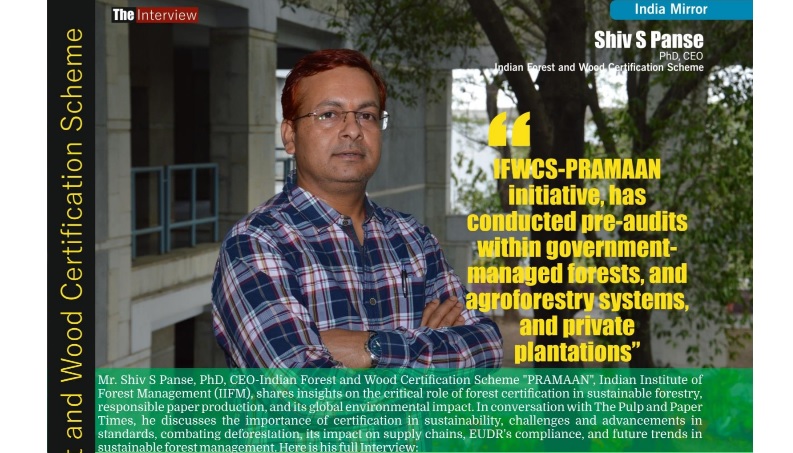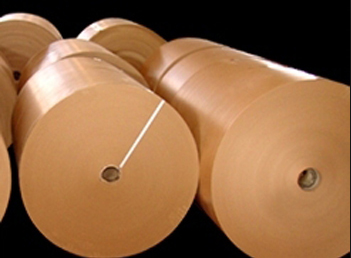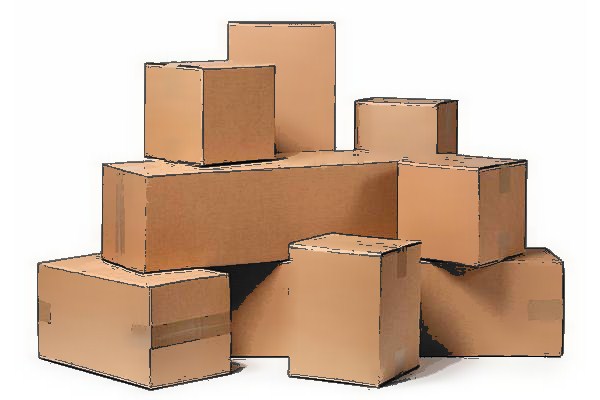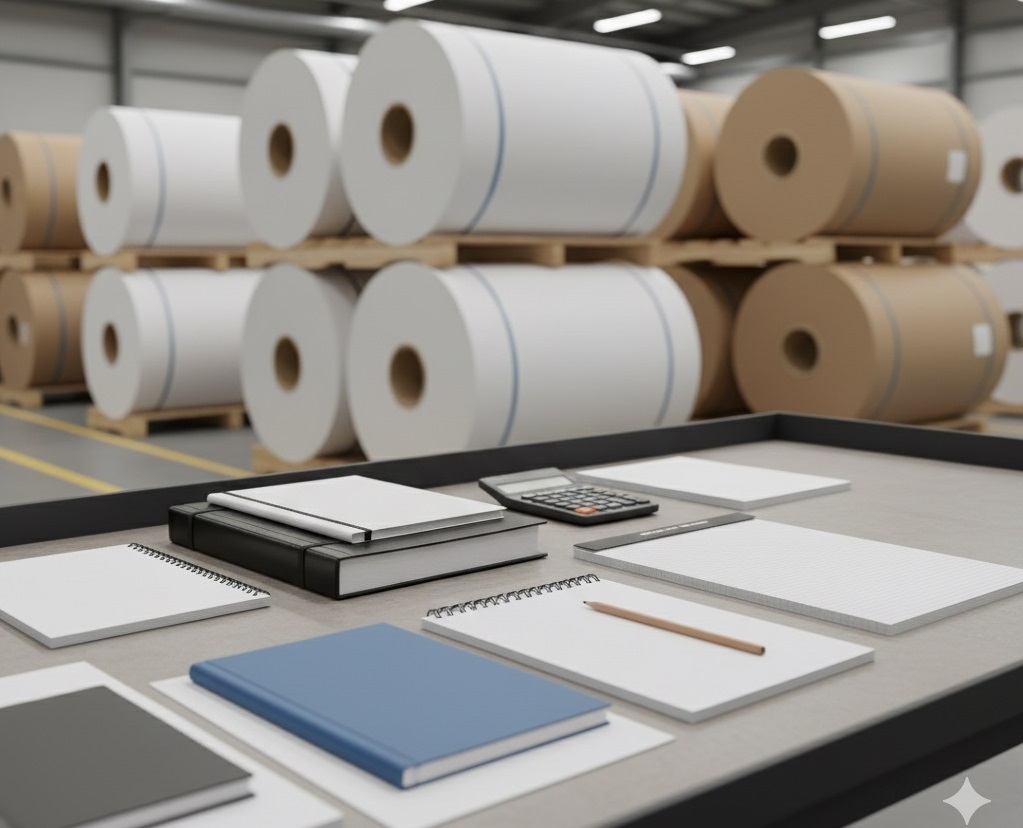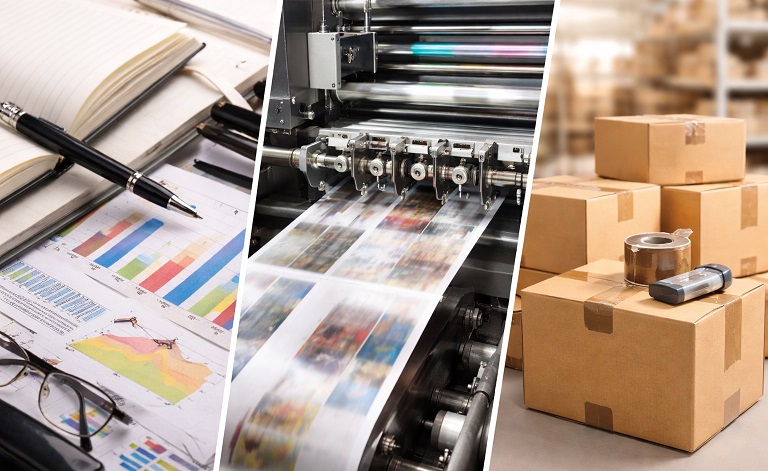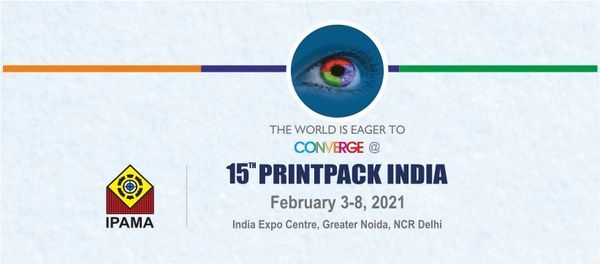ITC-PSPD recycled nearly 89,000 tonnes of post-consumer waste paper and achieved record in-house pulp production, with strong paperboard demand expected
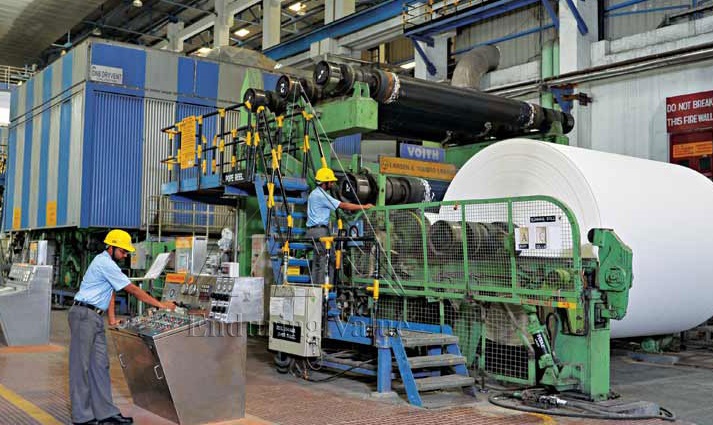
ITC-PSPD recycled nearly 89,000 tonnes of post-consumer waste paper and achieved record in-house pulp production, with strong paperboard demand expected
- Successfully completed capacity augmentation project, increasing Décor paper production capacity by 20000 tonnes per annum
- The paperboards and packaging industry is poised for transformative change in the medium term.
The Pulp and Paper Times:
The Paperboards, Paper and Packaging Businesses of ITC have made significant progress in recent years in terms of enhanced scale and profitability improvement. Strategic investments have been stepped up in areas such as pulp import substitution, proactive capacity augmentation in Value-Added Paperboards segment, decarbonisation of operations, deployment of Industry 4.0 technologies and towards nurturing robust innovation platforms.
The cumulative impact of subdued realisations, excess supply in domestic markets and sharp surge in wood costs exerted pressure on ITC-PSPD’s margins during FY 23-24, which was partially mitigated by leveraging structural advantages of the integrated business model, strong end-user engagements and Digital interventions.
Despite the headwinds as aforestated, ITC-PSPD further strengthened its leadership position in the Value-Added Paperboard (VAP) segment through focused innovations, development of customised solutions for end-use industries and superior end-user engagements. The Business also consolidated its leadership position in the eco-labelled products and premium recycled paperboards segments.
Mr. Sanjiv Puri, Chairman & MD of ITC, said in his AGM speech for FY 23-24, 'The Paperboards & Packaging Business sustained its leadership in the value-added segments through focused innovations, development of customized solutions for end-user industries, and capacity augmentation. Structural competitiveness has been enhanced by leveraging its integrated business model, Industry 4.0 initiatives, strategic investments in renewable energy, and by augmenting in-house pulp manufacturing capacity, including India’s first Bleached Chemi-Thermomechanical Pulp facility. A range of sustainable packaging solutions has been launched under the ‘Filo’ brand to replace single-use plastics. A molded fiber plant in Madhya Pradesh has been commissioned recently for the next horizon of sustainable packaging.'
During FY 23-24, ITC’s Paperboards & Specialty Papers business delivered robust performance in the Specialty Papers segment. The Business successfully completed its capacity augmentation project, increasing Décor paper production capacity by 20000 tonnes per annum. Market standing in the segment continues to be driven by product mix enrichment and diversification of the customer base. The domestic industry remained under pressure due to cheap supplies from China. The recent introduction of Anti-dumping duty on Décor paper has partially provided a level playing field for domestic industry; which is critical towards fostering domestic value chains and enabling import substitution.
ITC annual report for FY 23-24 stated that the paperboards and packaging industry is poised for transformative change in the medium term. Customers are increasingly seeking solutions that are bio-degradable, substitute single use plastic and meet stakeholder and regulatory expectations across industries including food serving & delivery, pharmaceutical, beauty and electronics. The Business has adopted a multi-tiered strategy to build solutions that will replace single use plastics and meet emergent consumer needs.
The report mentioned, that “With structural drivers of demand in the Indian economy remaining strong over the medium term, paperboards demand is expected to remain firm in spite of near-term industry headwinds. Going forward, end-user segments such as Pharmaceuticals, Apparels, QSR, FMCG, consumer durables and e-Commerce are projected to register strong growth. Writing & Printing paper demand is also expected to remain firm on the back of demand from the publishing and notebooks industries driven by the Government’s thrust on primary and secondary education. While cheap imports from China as well as from ASEAN countries remain a potential threat in the short run, the Business remains confident of leveraging its competitive strengths to mitigate the impact thereof. Representations continue to be made at appropriate forums for suitable measures to safeguard domestic industry.”
“During the year, production of Bleached Chemical Thermo Mechanical Pulp (BCTMP) was ramped up subsequent to the recently concluded pulp capacity augmentation project. Further, record high production of in-house chemical pulp was achieved leveraging recent capacity expansion and Industry 4.0 initiatives,” the report stated.
“Despite the near-term headwinds, the medium-term growth story remains strong and investments made across all our businesses to enhance structural competitiveness and build an enterprise of the future, position your Company well to leverage emerging opportunities in the market. Our confidence in the India story is unwavering and is reflected in your Company’s investment outlay of about Rs.20,000 crores in the medium term.” He said.
Mr. Sanjiv Puri added, 'Similarly, the manufacturing sector, together with its extensive value chains, drives significant employment. Given your Company’s engagement in the paperboards value chain, I would like to particularly emphasize the livelihood potential in wood-based industries. India imports wood and wood-based products, including pulp, worth over Rs. 60,000 crores annually. A supportive policy framework that promotes leasing of degraded land for agro-forestry in India will bolster the wood-based industry, spur significant employment across the value chain, stem avoidable forex outflow, and enrich the country’s green cover. I am sure you will take pride in knowing that ITC’s afforestation program has supported millions of livelihoods by greening over 10 lakh acres, empowering farmers, and providing a competitive source of fiber for your Company’s Paperboards Business. This sustainable source of renewable fiber, together with substantive investments in efficient import substitution, provides structural competitive advantage to your Company with a multiplier impact on livelihoods. The country has nearly 30 million hectares of degraded land, the greening and productive use of which can generate millions of jobs every year, besides adding to the nation’s green cover.'
ITC-PSPD has the distinction of being the first in India to have obtained the Forest Stewardship Council-Forest Management (FSC®-FM) certification, which confirms compliance with the highest international benchmarks of plantation management across the dimensions of environmental responsibility, social benefit and economic viability. Till date, Company has received FSC®-FM certification for over 1.49 lakh acres of plantations involving over 25000 farmers. During the year, nearly 4.85 lakh tonnes of FSC®-certified wood was procured from these certified plantations. ITC sustained its position as the leading supplier of FSC®-certified paper and paperboards in India.
In line with the objective of enhancing the share of renewable energy in its operations, ITC-PSPD has implemented several initiatives including investments in a green boiler, high efficiency circulating fluidised bed boiler, solar & wind energy and increased usage of bio-fuel. The recently commissioned state-of-the-art and future-ready High Pressure Recovery Boiler at the Bhadrachalam mill is progressively enhancing energy efficiency and reducing the carbon footprint of the unit’s operations by significantly lowering coal consumption by appx. 25%. These investments are a testament to your Company’s commitment towards embedding sustainability in its operations and supporting the ‘Make in India’ initiative. With these initiatives, renewable sources presently account for more than 50% of total energy consumed at the four manufacturing units of the Business.
Over the years, in line with its decarbonisation strategy, ITC has significantly invested in building green infrastructure, improving energy efficiency and adoption of renewable energy. Today, 50% of ITC’s total energy consumption is from renewable sources, with capacity ramped up to over 200 MW. Investments in a High-Pressure Recovery Boiler in the energy-intensive Paperboards Business is slated to reduce coal consumption by over 1,50,000 tonnes annually.
ITc’s Paperboards & Specialty Papers Business recycled nearly 89,000 tonnes of externally sourced post-consumer waste paper, thereby creating yet another positive environmental footprint.
The focus of ITC’s paper business going forward is to fortify market leadership in the fast-growing Value-Added Paperboards segment by augmenting scale, driving cutting-edge innovation to rapidly scale-up single use plastic substitutes as a new vector of growth, building structural advantage through product mix enrichment and scaling up the use of emergent technologies such as Industry 4.0 to enhance operational efficiency, reduce wastage and costs.
The above views and reviews have been extracted from ITC’s annual report for FY 23-24.
Web Title: ITC-PSPD recycled nearly 89,000 tonnes of post-consumer waste paper and achieved record in-house pulp production, with strong paperboard demand expected




 Join WhatsApp Group
Join WhatsApp Group Join Telegram Channel
Join Telegram Channel Join YouTube Channel
Join YouTube Channel Join Job Channel (View | Submit Jobs)
Join Job Channel (View | Submit Jobs) Join Buy Sell Channel (Free to Submit)
Join Buy Sell Channel (Free to Submit) Paper News Headlines Channel (Free to read)
Paper News Headlines Channel (Free to read)




